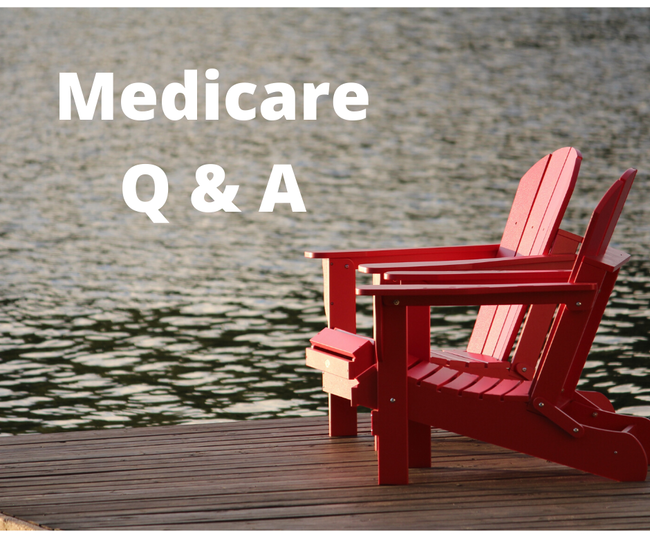Some Medicare beneficiaries are surprisingly cavalier about what, if any, insurance they have. However, here was one whose excessive concern about his insurance may have been costing him dearly.
The man had a Medicare supplement (Medigap) policy, robust medical insurance that is a smart choice in most instances. Having recently moved to Oregon from another state, he made an appointment with a Senior Health Insurance Benefits Assistance (SHIBA) counselor to identify a Prescription Drug Plan that would work for him here. (His Medigap is a national policy.)
The beneficiary said he believed he also needed dental and hearing insurance.
Doing a routine check, the SHIBA counselor learned that the beneficiary’s limited income gave him a Medicaid benefit in Oregon that would pay all medical expenses, meaning the fellow didn’t need his Medigap insurance policy. Furthermore, if he were to lose Medicaid he would have a legal right to re-enroll in a Medigap insurance policy with no premium surcharge for his health problems. (He would still need the prescription drug insurance, of course.)
The Medicare counselor put this in writing for the man, including that by canceling his Medicare insurance he would have close to $2,000 a year to put toward dental and hearing insurance or other expenses. He was initially resistant to canceling his Medigap policy, and it isn’t known what decision he ultimately made.
If you would like to make an appointment with a SHIBA volunteer Medicare counselor, or to ask a question to be answered here, please see the end of this column.
Because of his low income, my uncle has his Medicare Part B premium paid for him. When he passes, will the government want to recover that money from his estate?
Your uncle benefits from what’s called the Medicare Savings Program, in which the State of Oregon pays the Medicare Part B premium of $165 a month. To your question, no, the amount of money paid for him over the years will not be subject to estate recovery.
It’s worth knowing that the benefit of having the Part B premium paid is available to a single person whose gross monthly income is no more than $1,660 or to a couple whose gross monthly income doesn’t exceed $2,239. This benefit has no assets test.
I recently read an article that referred to HMO and PPO insurance. I don’t know what that means. Should I care?
Some would say this is getting into the weeds. But, yes, if you’re reviewing Medicare Advantage insurance it’s helpful to understand these abbreviations.
An HMO is a Health Maintenance Organization. If you want this insurance to pay its share of medical costs, you must go to doctors and other medical providers within the network of this insurance. That means the medical provider has a contract with the insurance company and will bill that insurance. Either the doctor’s billing office or the insurance company can tell you whether your doctors are in network with the insurance.
A PPO is a Preferred Provider Organization. This insurance plan also has a network of medical providers, and you would want your primary care physician to be in that network. But a PPO permits you to go outside of the network to see other medical providers such as specialists. If you do so, you will usually pay more.
For example, in Medicare Advantage PPO plans available in Marion and Polk counties the typical cost increase to see a specialist physician is $20 or $25. For example, you might pay $45 to see an in-network specialist or $65 to see one outside of the insurance company’s network. (With a few plans the insured would instead pay a percentage for out-of-network services, which could result in surprises.)
With a PPO one would also pay more for auxiliary medical services outside of network (such as lab tests, radiology, diagnostic tests), although most patients would presumably receive such services through their in-network primary physician.
In reviewing Medicare Advantage insurance plans on the Medicare.gov website, it is possible to specify that you want to review only HMO or only PPO plans by clicking on Select a Plan Type.
Jim Sellers of Salem is a certified Medicare counselor with the Senior Health Insurance Benefits Assistance (SHIBA) program. To ask a question to be answered in this column, e-mail [email protected]. To schedule a free SHIBA phone, Zoom or in-person appointment with a volunteer Medicare counselor, call 800-722-4134.
STORY TIP OR IDEA? Send an email to Salem Reporter’s news team: [email protected].
JUST THE FACTS, FOR SALEM – We report on your community with care and depth, fairness and accuracy. Get local news that matters to you. Subscribe to Salem Reporter. Click I want to subscribe!









